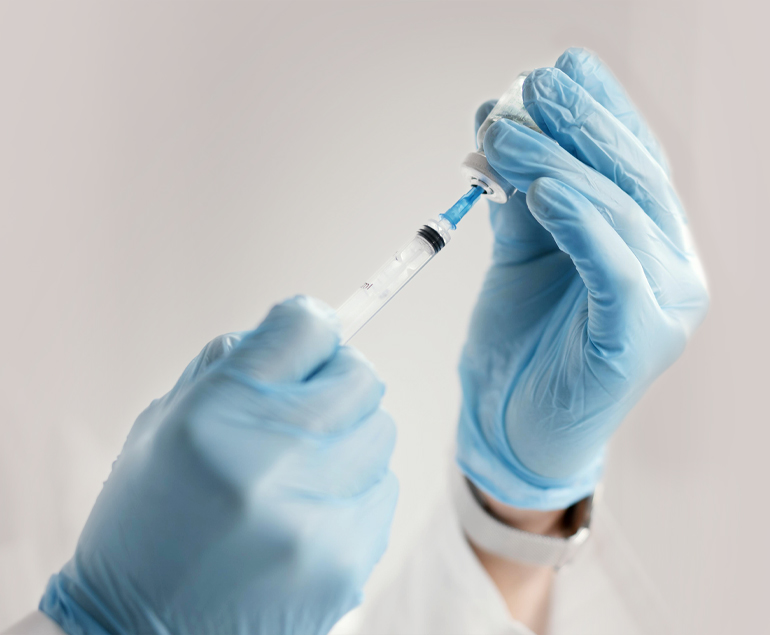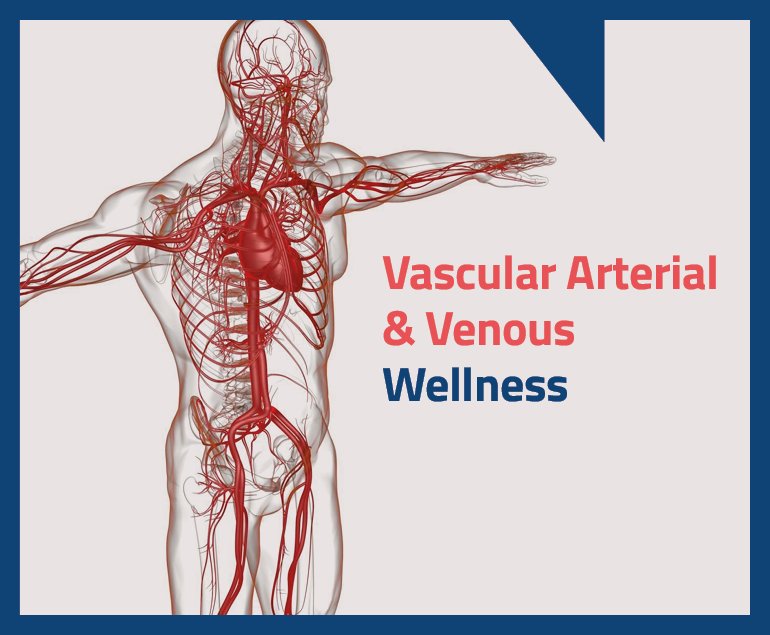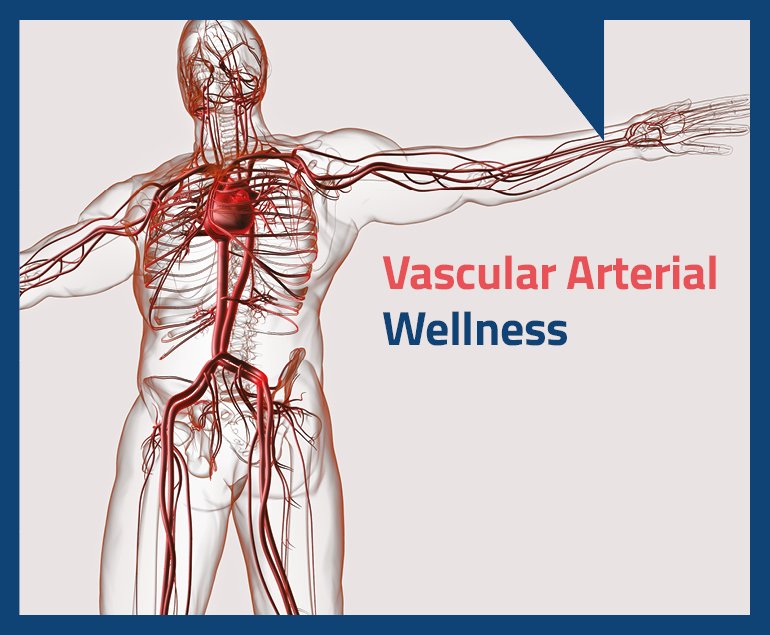Overview of Cardiac Anaesthesiology at Northern Heart Hospital
Cardiac anaesthesiology is a subspecialty focused on the anaesthesia care of patients undergoing heart and chest surgeries. This includes managing anesthesia for procedures like open-heart and lung surgeries. Cardiac anaesthesiologists expertly control cardiopulmonary physiology through advanced pharmacology, resuscitative techniques, critical care medicine, and invasive procedures, including operating the cardiopulmonary bypass machine used in many cardiac surgeries. They ensure patients are safely asleep and pain-free during procedures, optimising heart function and managing heart rhythms. Given the complexity of cardiac surgeries due to heart disease, Northern Heart Hospital’s cardiac anaesthesiologists are specially trained to handle the changes in heart function and blood pressure, using specialised monitoring techniques and various anaesthetic medications to ensure patient safety and optimal outcomes throughout the surgery.
Experienced Cardiac Anaesthesiologists in the region at Northern Heart Hospital
Dr. Yeoh Aik Hoe
Dr. Khaw Soon Keong
At Northern Heart Hospital (NHH), we provide exceptional care throughout your surgery or procedure, continuously monitoring your heart to ensure stable blood pressure, heart function, and heart rate.
- General Anaesthesia
General anaesthesia is used for a variety of cardiac, thoracic, and vascular surgeries. Medications are administered via an IV to induce a sleep-like state, preventing pain during surgery. To monitor your blood pressure, we insert a catheter into the artery in your wrist and may place a central venous line in your neck. Additionally, a tube is inserted into your throat to assist with breathing, and a transoesophageal echocardiogram (TEE) may be used to obtain detailed images of your heart valves and function. - Local Anaesthesia with IV Sedation
For diagnostic and interventional heart procedures, such as cardiac catheterisation and TEE, we may use local anaesthesia with IV sedation. Sedating and pain-relieving medications are given through an IV to help you relax, followed by a local anaesthetic to numb the area where a needle will puncture your skin. You remain sedated but conscious, without feeling pain at the treatment site. - Regional Anaesthesia
In addition to general anaesthesia, regional anaesthesia may be used for enhanced pain relief during or after cardiac, thoracic, or vascular surgery. Medication can be injected into the nerves connected to the surgical area before surgery, or a catheter may be placed to deliver continuous pain medication during and after the procedure.
Before receiving cardiac anaesthesia, your Cardiac Anaesthesiologist will discuss what to expect, how to prepare, and the associated risks. Following their instructions before, during, and after anaesthesia is crucial for the best outcomes.
Before Anaesthesia
It is important to have an empty stomach before your procedure. You will be informed when to stop eating and drinking, typically allowing clear liquids until two hours before surgery. You will also be advised if you need to stop any medications on the day of surgery.
During Anaesthesia
Anaesthesia is administered via injection, catheter, or IV, and a sedative may be provided to help you relax. Throughout the procedure, your heart function, including heart rate, rhythm, blood pressure, and oxygen levels, will be closely monitored.
After Anaesthesia
Following a major procedure, you will recover in the Intensive Care Unit (ICU), where pain medication and sedatives will continue to be administered through an IV. Once your blood pressure and breathing stabilise, you will gradually wake up from the anaesthesia. Additional recovery in the hospital may be required for several days. Your anaesthesiologist and healthcare provider will give you specific recovery instructions. When you are ready to go home, ensure a family member or friend is available to drive you.
Cardiac Anaesthesiology - Frequently Asked Questions
The role of a anaesthesiologist in patient care encompasses several crucial aspects. They ensure patient comfort during surgery or cardiac procedures by administering tailored anaesthetics based on individual medical conditions and health status. Additionally, they continuously monitor vital functions such as breathing, heart rate, blood pressure, oxygen saturation, and fluid needs throughout and immediately following surgery, making necessary medical decisions. They manage patient care, including pre-existing medical conditions, during surgery and the immediate post-operative period. Moreover, they oversee pain management during the immediate post-operative phase and provide expert consultation on various aspects of patient care, including pain management, anticoagulation, and airway management.
The type of anaesthesia administered depends on the nature of the procedure. There are four primary types of anaesthesia: general anaesthesia, regional anaesthesia, local anaesthesia, and sedation. General anaesthesia is typically used for cardiac surgeries, rendering patients unconscious, immobile, and unable to feel pain or sensations during the procedure. Conversely, diagnostic or therapeutic cardiac procedures conducted in the Cardiac Catheterization Lab or Electrophysiology Lab may require only local anaesthesia and/or sedation, with varying levels of sedation provided to induce a “twilight sleep” state, allowing patients to remain conscious but potentially fall asleep with little or no recollection of events.
The preoperative interview serves two essential purposes. Firstly, it provides the cardiac anaesthesiologist with vital information about the patient’s health history and habits, enabling them to plan and manage anaesthesia and care effectively during and after the surgery or procedure. For instance, chronic medical conditions like allergies or asthma and substance use habits significantly impact anaesthesia management and patient outcomes. Secondly, it allows patients to ask questions and address any concerns they may have about the procedure or anaesthesia, fostering open communication and ensuring patient comfort and confidence.
During general anaesthesia, patients are rendered unconscious throughout the operation and do not experience pain or sensations. The cardiac anaesthesiologist continuously monitors and adjusts the level of anaesthesia to ensure adequate sedation. While patients may be aware but sedated during pre-surgical preparations, they typically have no recollection of the operating suite activities after the surgery.
The need for a blood transfusion depends on individual circumstances and the nature of the surgery or procedure. While today’s blood supply is considered safe, there are inherent risks associated with blood transfusions. Patients with specific concerns regarding this issue are encouraged to discuss them with their cardiac anaesthesiologist.
While every surgical procedure carries some degree of risk, modern anaesthesia practices have significantly enhanced safety. Serious complications or fatalities resulting from general anaesthesia are rare, owing to advancements in drug safety, sophisticated anaesthesia and monitoring equipment, comprehensive anaesthesiologist training, and adherence to national standards of care.
Side effects from general anaesthesia may occur but are typically transient and manageable. These side effects may include a sore throat, headache, back pain, fatigue, nausea, or vomiting, although the latter occurs less frequently than in the past.
The timing and location of post-operative awakening depend on various factors, including the type of surgery performed. Patients typically wake up in the Cardiac Intensive Care Unit following major cardiac procedures.
Some degree of discomfort following major surgery is normal, but patients receive effective pain relief medication to alleviate pain and ensure comfort. The Cardiac Intensive Care Unit staff are experienced in managing post-operative pain and prioritize patient comfort.
Family members are regularly updated on the patient’s status during surgery, and they may visit the patient once they are transferred to the Intensive Care Unit
Related Heart Screening Package
Related Health Blogs
Living With A 100% Blocked Heart Artery Doesn’t Mean Game Over
Being told you have a 100% blocked heart artery can feel overwhelming, but it does not mean the end …
Best New Year Resolutions for Health: Putting Your Heart First
The New Year is the perfect time to prioritise what truly matters. Discover why advanced heart scree…
Vascular Screening: Saving Lives and Limbs through Early Detection
Vascular disease often develops silently until serious complications arise. Northern Heart Hospital …






